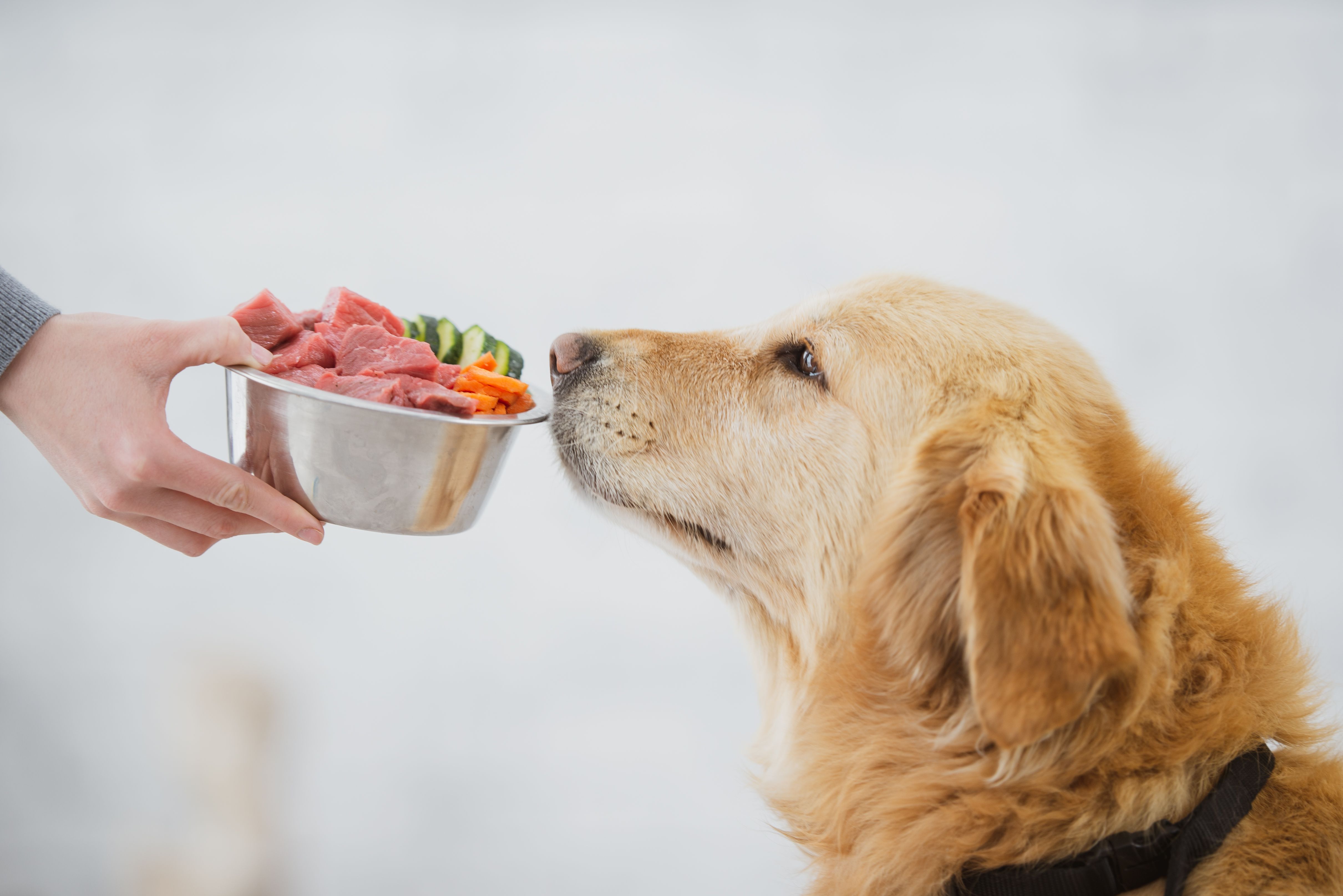Safe Food Choices for Your Pet
Understanding Your Pet's Dietary Needs
Every pet is unique, and their dietary requirements can vary based on their species, breed, age, and health condition. It is essential to consult with your veterinarian to determine the specific nutritional needs of your pet. Providing a balanced diet is crucial for their overall health and wellbeing.

Foods That Are Safe for Pets
Many commercially available pet foods are formulated to meet the nutritional needs of pets. However, it's also possible to supplement their diet with safe human foods. Some safe choices include:
- Cooked lean meats like chicken or turkey (without bones and skin)
- Fish such as salmon, which is high in omega-3 fatty acids
- Plain cooked vegetables like carrots, peas, and green beans
- Small amounts of fruits such as apples (without seeds) and blueberries
Foods to Avoid
Certain foods that are safe for humans can be toxic to pets. It's important to be aware of these foods to prevent accidental poisoning. Some foods to avoid include:
- Chocolate and caffeine
- Grapes and raisins
- Onions and garlic
- Alcohol and xylitol (a sugar substitute)

The Importance of Portion Control
Overfeeding can lead to obesity, a common problem in pets that can result in various health issues. Monitoring portion sizes and adhering to feeding guidelines can help maintain your pet's optimal weight. Always measure your pet's food and provide treats sparingly.
Understanding Pet Food Labels
Reading pet food labels can be confusing, but it's crucial for making informed decisions. Look for high-quality protein sources listed as the first ingredient. Avoid foods with excessive fillers or artificial preservatives. The Association of American Feed Control Officials (AAFCO) provides guidelines to help you identify nutritionally complete pet foods.

Consulting with Your Veterinarian
Your veterinarian is an excellent resource for understanding your pet's dietary needs. They can provide personalized recommendations based on your pet's health status and lifestyle. Regular check-ups are essential for monitoring your pet's weight and overall health.
Treats and Rewards
Treats can be a great way to reward good behavior, but they should not comprise more than 10% of your pet's daily caloric intake. Opt for treats specifically designed for pets or use small pieces of safe human foods as occasional rewards.

Conclusion: Making Safe Choices
Providing safe food choices for your pet is an ongoing commitment that involves understanding their nutritional needs, monitoring their diet, and staying informed about potential hazards. By making informed decisions, you contribute significantly to your pet's health, happiness, and longevity.
